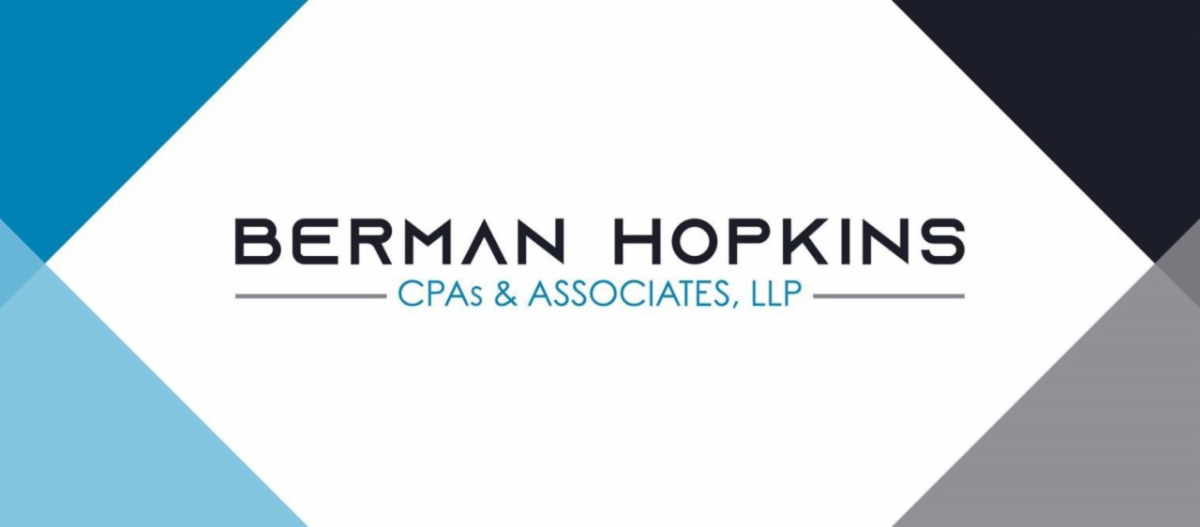 Dear Clients & Friends,
Dear Clients & Friends,
On Wednesday, June 3, 2020 the Senate unanimously approved H.R. 7010 which was passed by the House last week. This bill now heads to the President for signature. We expect it to already be signed by the time of this distribution or signed very soon. The heart of H.R. 7010 is to achieve 100%, or close to 100%, forgiveness for PPP loan proceeds. The original CARES Act instituted very stringent rules, which would make it virtually impossible to achieve 100% loan forgiveness for most borrowers. We know that most of you are very well versed in the world of PPP loans, so the highlights of H.R. 7010 are listed below:
1) Repayment term extended to 5 years – Per the CARES Act, borrowers had 2 years to repay the loan proceeds that were not forgiven. Under H.R. 7010, borrowers have 5 years to repay loan proceeds that are not forgiven.
2) Covered period extended to 24 weeks – The CARES Act defined the covered period for loan forgiveness as 8 weeks following the funding of the loan. H.R. 7010 now defines the covered period as 24 weeks following the funding of the loan, or 12/31/2020, whichever comes earlier. Borrowers are not required to adopt the 24 week covered period and can still elect to use the 8 week covered period.
3) Cap on compensation per employee potentially increased to $46,154 – The $100,000 compensation limit per employee remains, but as a result of the 24 week covered period, the cap per employee may increase from $15,385 to $46,154. This issue will have to be resolved in the following weeks.
4) Percentages required for payroll and non-payroll costs updated – Initial SBA guidance of the CARES Act stated that in order to achieve 100% loan forgiveness, at least 75% of the loan proceeds must be used for payroll costs and that no more than 25% could be used for non-payroll costs (such as mortgage interest, rent, and utility costs). H.R. 7010 states that only 60% of the proceeds must be used for payroll costs and that 40% can be used for non-payroll costs.
5) Potential “all or nothing” forgiveness criteria – There may be some issue with H.R. 7010’s language in regard to 60% payroll costs. The bill states that if you do not spend at least 60% of the proceeds on payroll, 0% loan forgiveness will be achieved. This language appears to create a cliff effect if a borrower fails to spend 60% or more of the loan proceeds on payroll costs.
6) Extension of time to cure FTE and salary reductions – Under the CARES Act, borrowers had until 6/30/2020 to restore their full-time equivalents and salary levels or face potential reduction in forgiveness amounts. H.R. 7010 extends this deadline to 12/31/2020.
7) “If all else fails” forgiveness backstop – Under H.R. 7010, businesses that remain partially or fully closed gain some new relief if they are unable to restore FTE’s by the new 12/31/2020 deadline. The relief is available, if in good faith they can document the following:
- There was an inability to rehire individuals who were employees of the borrower on 2/15/2020,
- There was an inability to hire similarly qualified employees for unfilled positions on or before 12/31/2020, or
- There was an inability to return to the same level of business activity as such business was operating at before 2/15/2020 due to compliance with requirements established or guidance issued by the Secretary of Health and Human Services, the Director of the Centers for Disease Control and Prevention, or the Occupational Safety and Health Administration during the period beginning on 3/21/2020 and ending 12/31/2020, related to the maintenance of standards for sanitation, social distancing, or any other worker or customer safety requirement related to COVID– 19.
8) Enhanced deferral of Social Security taxes – The CARES Act was very specific that a borrower’s eligibility to defer Social Security payroll taxes ended once a PPP loan was forgiven. H.R. 7010 now allows a borrower of a PPP loan to defer all of its 2020 Social Security tax liability to 2021 and 2022 without regard to loan forgiveness.
At Berman Hopkins, we are constantly monitoring these fluid matters and will continue to update you as we have new information. Again, please reach out to your Berman Hopkins contact with any questions.
Your Berman Hopkins Team
321-757-2020 | www.bermanhopkins.com | [email protected]